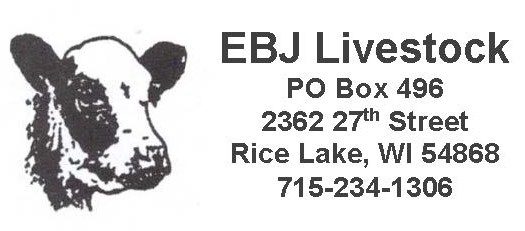Unfortunately, when an accident occurs, the impact can be financially devastating to the ranch owner.
Suppose a ranch employee was hauling cattle to the sale barn in a ranch vehicle when he caused an automobile collision, injuring the other driver. In this case, the other driver would likely file suit against both the driver and the rancher to recover damages for medical bills, pain and suffering, lost income and other recoverable injuries.
If a judgment were entered against the rancher, all of the rancher’s property could be subject to that judgment, including ranch assets and personal assets as well.
One way for ranchers to limit liability in these situations is by the use of business entities in organizing their ranching operations. Several types of business entities offer limited liability for owners, including limited partnerships, limited liability companies, limited liability limited partnerships and corporations.
For example, a limited liability company (“LLC”) is a popular selection for businesses because it offers limited liability for all members, meaning that if an LLC is sued, only the LLC’s assets – not the members’ individual assets – are at risk.
In the example above, had the ranch been organized as an LLC, the assets of the LLC, including the rancher’s investment in the business, would be at risk, but the rancher’s personal assets would be shielded.
As with most legal issues, there is no one-size-fits-all answer to the right entity for every option. Each entity offers various features that must be carefully analyzed, including limited liability, creation requirements, tax implications and limitations on flexibility of management.
Producers will need to weigh each option, carefully considering the benefits and downsides of each. For example, although LLCs offer limited liability for members, as discussed above, the downsides include the fact that creation requires a filing with the secretary of state, payment of a filing fee and then following various corporate formalities.
Ranchers should carefully consider the various business entity options and consult their attorney and accountant to determine which option might be most beneficial to their operation.
Although the creation of a separate entity for a farm or ranch will require some additional costs and leg work upfront, the liability protection to the operation will likely be well worth the effort and expense if an incident ever occurs resulting in potential liability. ![]()

- Tiffany Dowell Lashmet
- Assistant Professor and Extension Specialist - Agricultural Law
- Texas A&M AgriLife Extension Service







